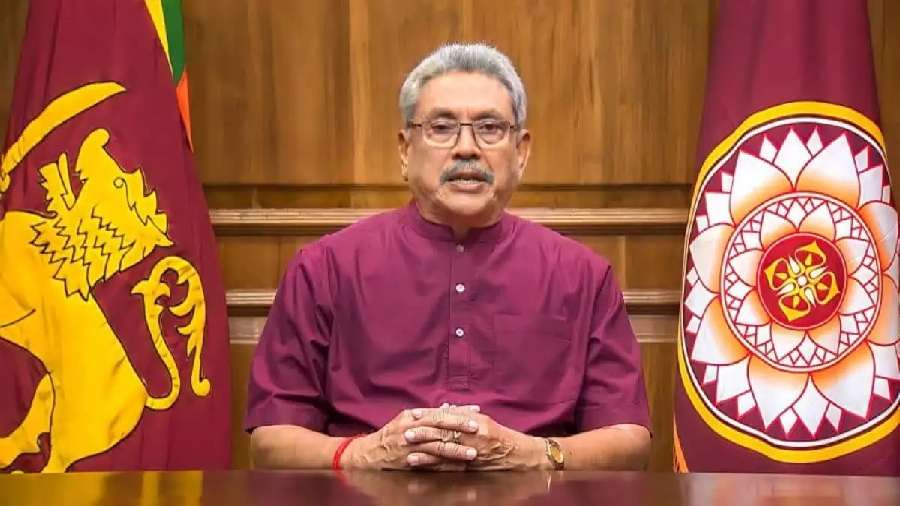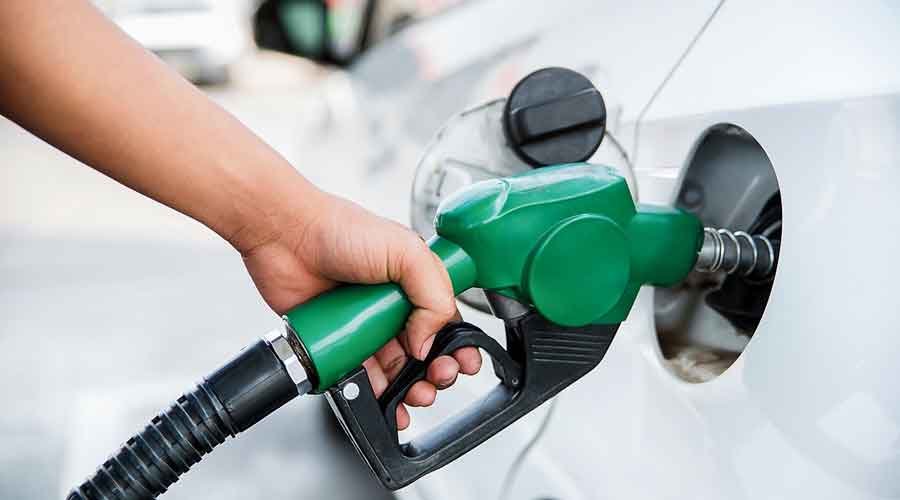Sri Lankan President Gotabaya Rajapaksa on Thursday expressed hope that bridging finance from Japan would help the island nation get over its current economic crisis, as he urged "international friends" to extend support and solidarity" to his country at this "very difficult time".
Addressing the 27th International Conference on the Future of Asia in Tokyo, Japan, via video call, the President said he hoped for an early deal with Japan as negotiations were underway concerning bridging loans.
Japan remains one of Sri Lanka's key development partners, and we hope that the negotiations now underway regarding bridging funds from Japan will conclude soon, and support Sri Lanka as we try to stabilise our economy and our nation," the President said.
Bridge financing is a form of temporary, intermediate funding intended to cover short-term expenses until long-term funding is secured.
Rajapaksa outlined the difficulties faced by Sri Lanka since the COVID-19 pandemic.
"The virtual shutting down of the tourism industry and the sharp decline in inward remittances from expatriate workers due to COVID-19 in the past two years and increasing inflation due to other events combined with Sri Lanka's high-outstanding debt obligations to cause a severe financial crisis," he said.
In April, Sri Lanka announced a Debt Standstill' with the intention of restructuring this external public debt through negotiations with the country's creditors, whilst simultaneously approaching the IMF for a suitable programme.
"As we work through such solutions, however, we urgently require the assistance of our friends in the international community to ensure that our immediate needs in terms of the importation of essential medicines, food supplies, and fuel are met," he said.
He urged other international friends of Sri Lanka, to also explore the possibility of extending support and solidarity" to the country at this very "difficult time".
The World Bank has ruled out bridge financing or new loan commitments to crisis-hit Sri Lanka until the island nation's economy sets up an adequate macroeconomic policy framework.
Sri Lanka is near bankruptcy and has severe shortages of essentials from food, fuel, medicines and cooking gas to toilet paper and matchsticks. For months, people have been forced to stay in long lines to buy the limited stocks.
Sri Lanka has suspended repayment of about USD 7 billion in foreign loans due this year out of USD 25 billion to be repaid by 2026. The country's total foreign debt is USD 51 billion.
Sri Lanka's economic crisis has created political unrest with a protest occupying the entrance to the president's office demanding his resignation continuing for the past 40 days. The crisis has already forced prime minister Mahinda Rajapaksa, the elder brother of the president, to resign on May 9.
An inflation rate spiralling towards 40 per cent, shortages of food, fuel and medicines and rolling power blackouts have led to nationwide protests and a plunging currency, with the government short of the foreign currency reserves it needed to pay for imports.












